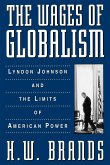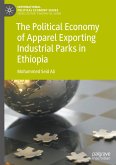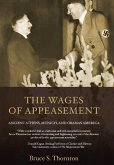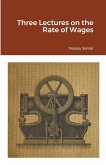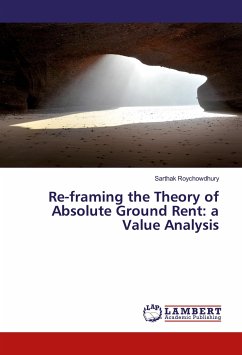With the end of the Cold War, many nations have set about cutting their military spending, and visions of a large `peace dividend' have emerged. Yet, even today, the arms race remains one of the major projects of humankind, and one of the most unproductive. The Wages of Peace explores some of the consequences and opportunities stemming from the resulting peace dividend. This book charts a middle course between extravagant claims about the improvements in welfare, development or the environment which may be funded by the peace divided, and dire assessments of how militarized economies will collapse as a result of disarmament spiced with warnings that the savings have already been squandered. This book represents the most detailed study of the economic effects of conversion for any country. It breaks new ground in using planning models to examine the environmental effects of disarmament. Based on a decade of studies, this book examines the global, national and local effects of disarmament, focusing on Norway. The findings are cautiously optimistic. The most important peace dividend is peace itself, but economic gains may be expected.
Hinweis: Dieser Artikel kann nur an eine deutsche Lieferadresse ausgeliefert werden.
Hinweis: Dieser Artikel kann nur an eine deutsche Lieferadresse ausgeliefert werden.


